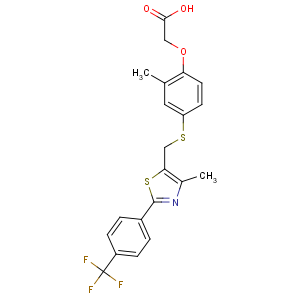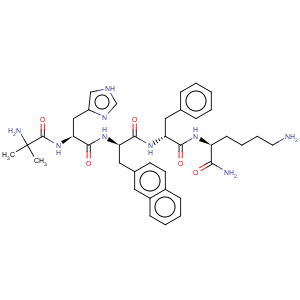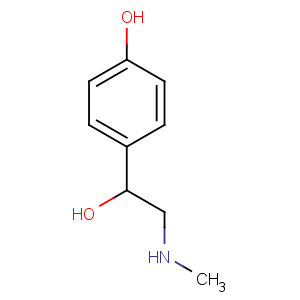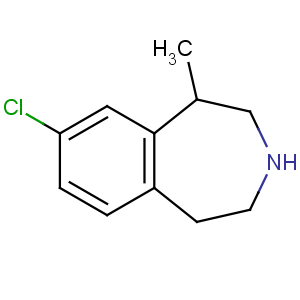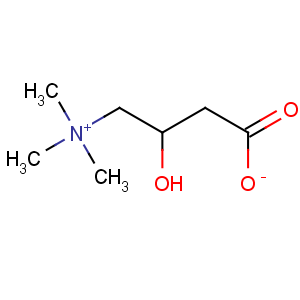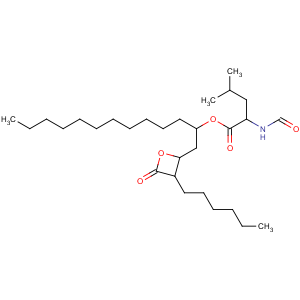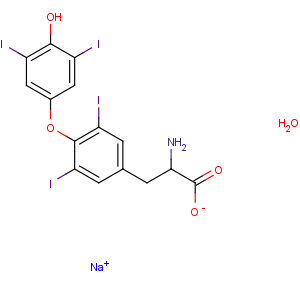DMAA, commonly known as 1,3-dimethylamylamine or Methylhexanamine, is an organic compound with the formula CH3CH2CH(CH3)CH2CH(CH3)NH2. It used in supplements promoted for helping muscle-building and weight loss
1.3-Dimethyl-Pentylamine
1.3-Dimethyl-Pentylamine CAS No.: 13803-74-2 105-41-9
Name: 1, 3-dimethyl-pentylaminehydrochloride
CAS No.: 13803-74-2;105-41-9
Synonym: 1.3-dimethyl-pentylaminehydrochloride; 1, 3-Dimethylpentylamine; 2-amino-4-methylhexane hydrochloride; Dmaa, Geranium Extract, 1, 3 Dimethylamylamine HCl, High Quality Dmaa, Geranium Extract, 1 3 Dimethylamylamine DMBA 99%, 1, 3 dimethylamylamine hydrochloride, Geranium extract
Physical Properties: Solubility soluble in water
Molecular formula: C7H17N
Product Use: Fine for organic synthesis and Chinese medicine, health products synthesis
Specifications: > 99%
Apperance: White crystalline powder or granula
Packaging: 25kg per Carton or Drum with 2 inner PE bags
Price: 520USD/kg
usage;Pharmaceutical intermediates, with the treatment of malaria and anti-cancer effects, fine organic synthesis and catalyst, and other health products.
Product description :
DMAA was initially discovered in the 1970s by the drug manufacturer Eli Lilly. DMAA is a powerful CNS stimulant with similar effects to caffeine. DMAA increased clarity and a boost in physical performance, especially valuable to athletes during calorie restriction or when a high level of focus is needed. For weight loss, DMAA works through a similar chemical pathway as ephedrine, DMAA causing a rise in cAMP, the chemical messenger that triggers fat release.
Methylhexaneamine, which is the chemical name for DMAA, is found in nature in the oil of the geranium plant, which is native to southern regions of Africa. Methylhexaneamine makes up about 1% of geranium oil, although in modern times DMAA is typically synthesized under laboratory conditions for environmental and financial reasons.
Also known as geranium, DMAA produces the same benefits as caffeine at a fraction of the dose. It takes anywhere from 1/4 to 1/8 of the dose of DMAA to get the same benefits as caffeine. Users report that the energy kick imparted from DMAA lasts longer than that of caffeine, and feels "cleaner" without providing the "jittery" feeling that one associates with too much coffee or energy drinks.
Application:
1)1, 3-Dimethylpentylamine is useful in compositions, for example as dietary supplements, and for appetite suppression.
In health care, the 1, 3 - dimethylamylamine hydrochloride can increase energy, refreshing, and improve the body's energy, or calorie restriction athletes gather energy particularly effective. Meanwhile, the weight loss of 1, 3 - dimethyl-pentylamine hydrochloride (13803-74-2) with similar utility, can improve the level of cAMP in vivo and promote the decomposition of body fat.
2)1, 3 - dimethylamylamine hydrochloride (13803-74-2) used in the weight class in health care can significantly reduce appetite suppression induced thermal effect. There are reports of 1, 3 - dimethylamylamine hydrochloride (13803-74-2) can increase fitness, improve concentration, significantly inhibited appetite suppression excited.
3)1, 3 - dimethylpentylamine hydrochloride (13803-74-2) and also some companies as caffeine and other ingredients with dietary supplements.
AKA DMAA, Methylhexanamine, Geranamine I first ran across this when I was researching Double Dragon's Juiced product for adding it to ProhormoneDB. IMagine my surprise when I dug into it to see what it was....
First off, let me get off my chest that I think calling it 1,3, Dimethylamylamine is sort of a head fake. I think it's being referred to this way because it resembles the compound nomemclature of most of the prohormones out there. IN truth, the most common name for this chemical, which happens to be a stimulant, is Methylhexaneamine. However, it can also be listed using any of the following (in addition to 1,3, Dimethylamylamine): Dimethylpentylamine, and Geranamine Geranium Oil.
Permanent link: http://www.vvchem.com/sell/cas:13803-74-2,3319233.html






